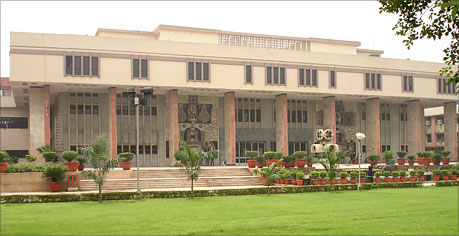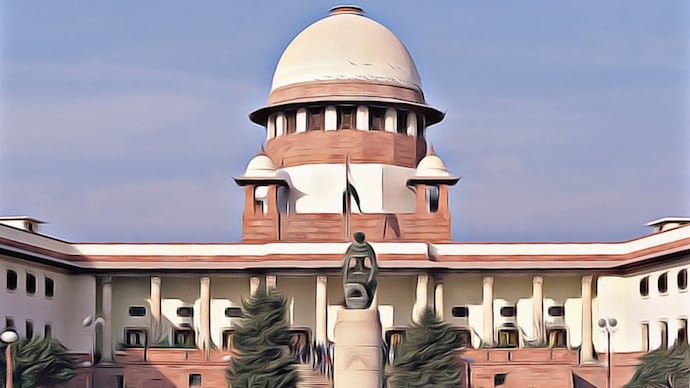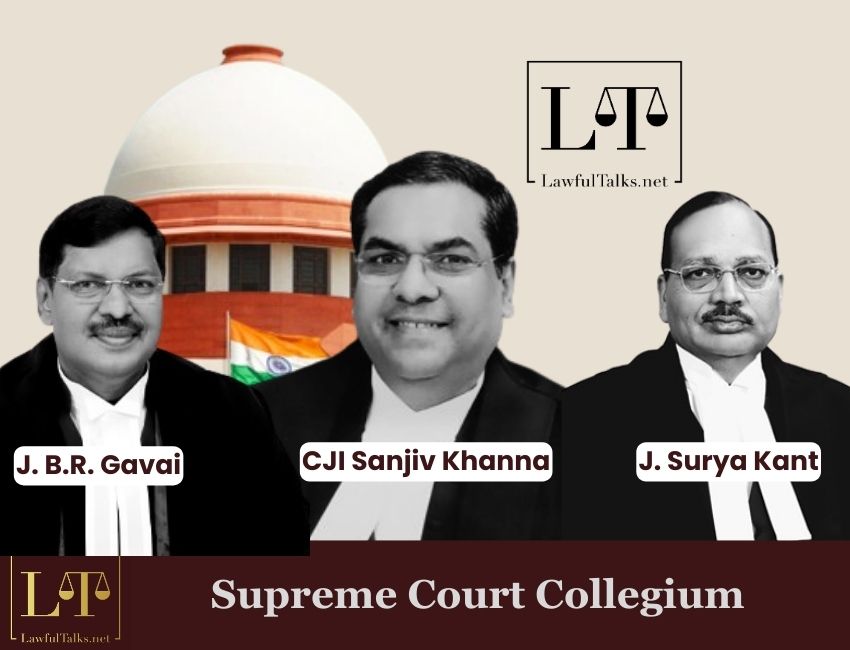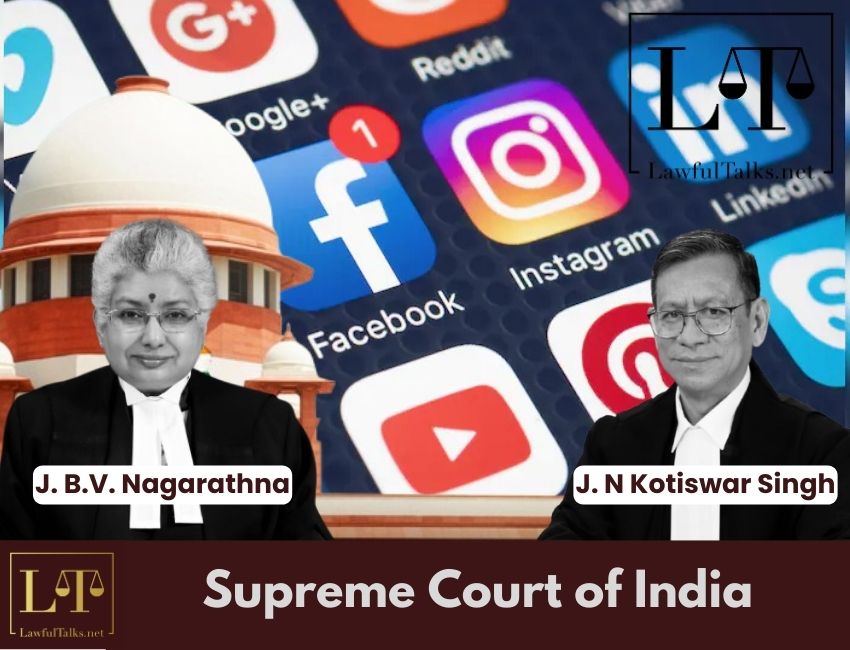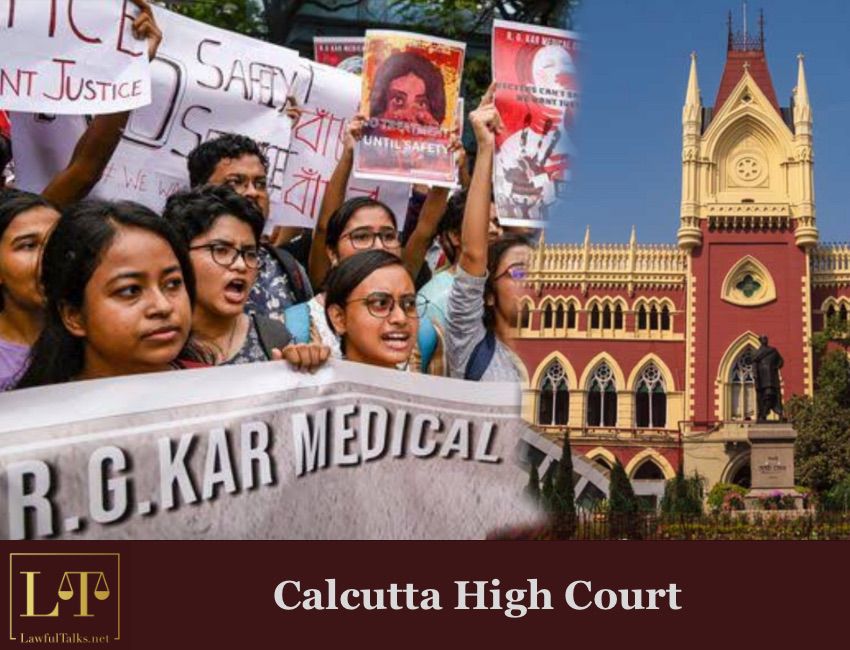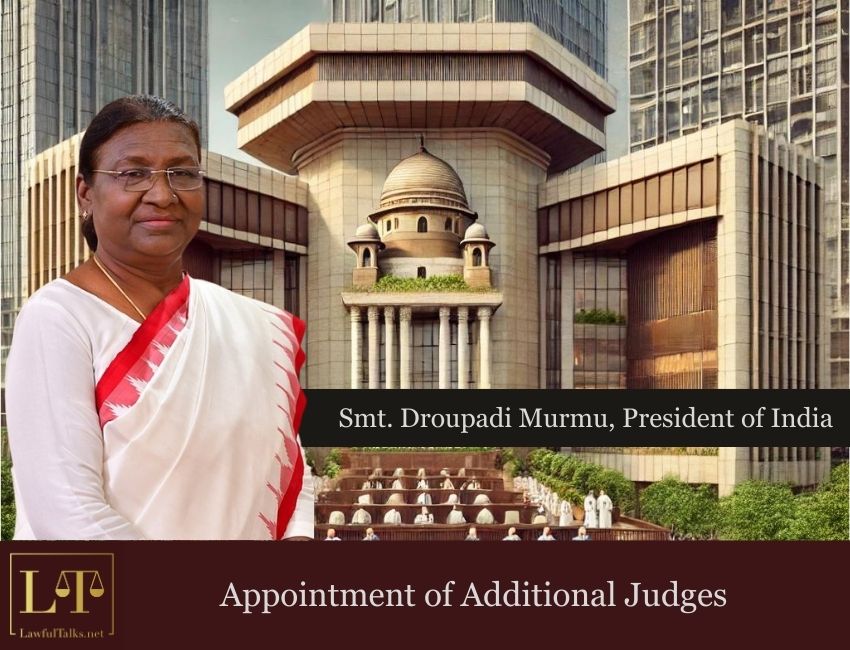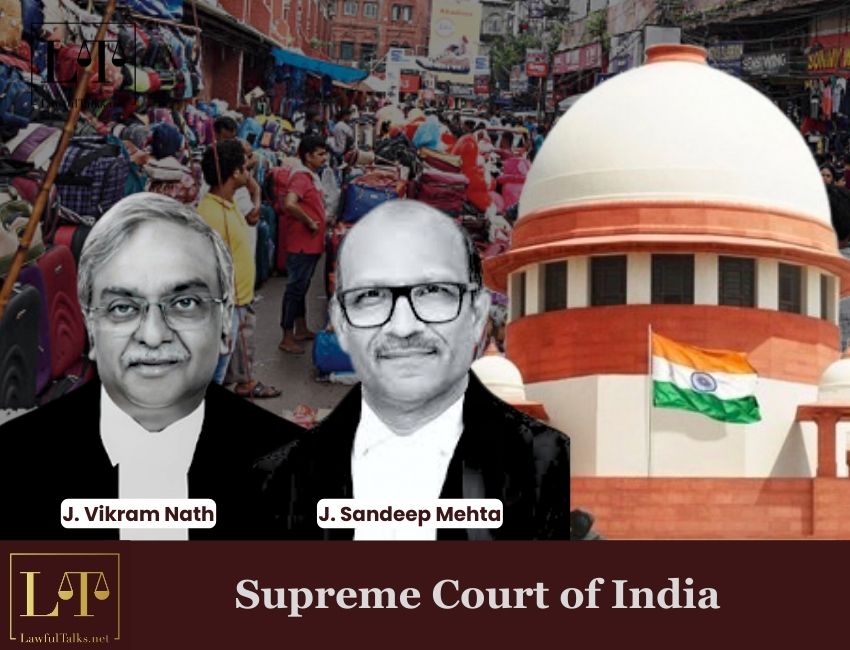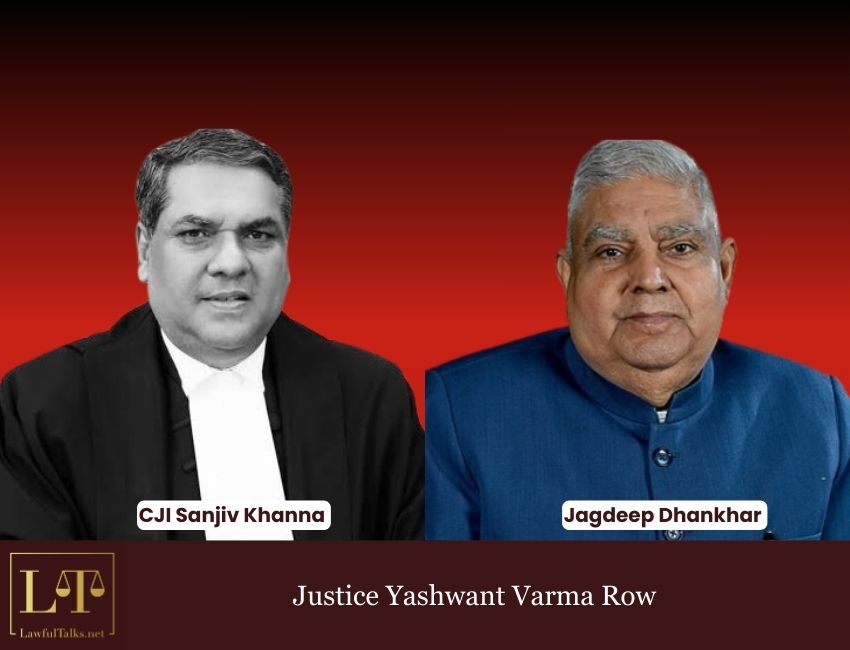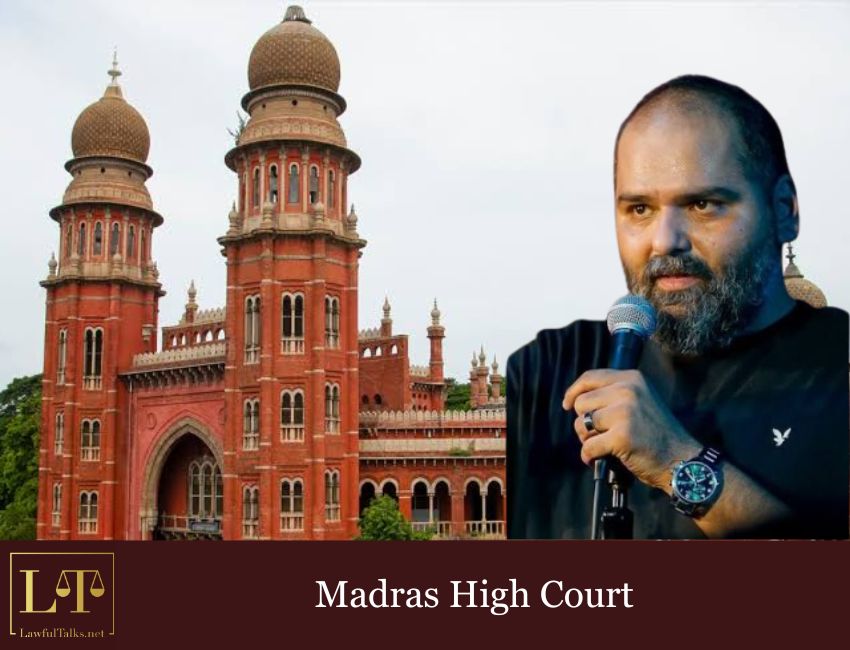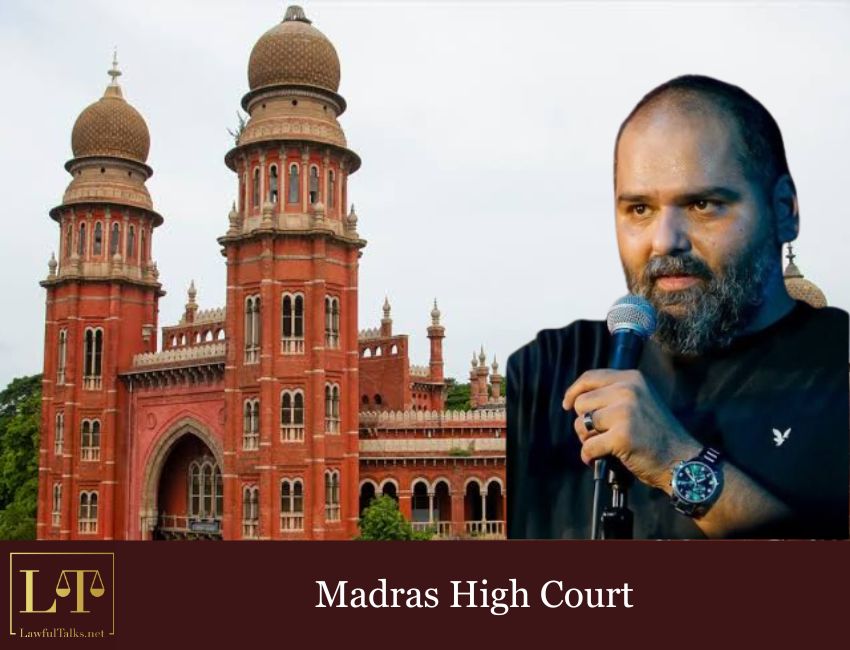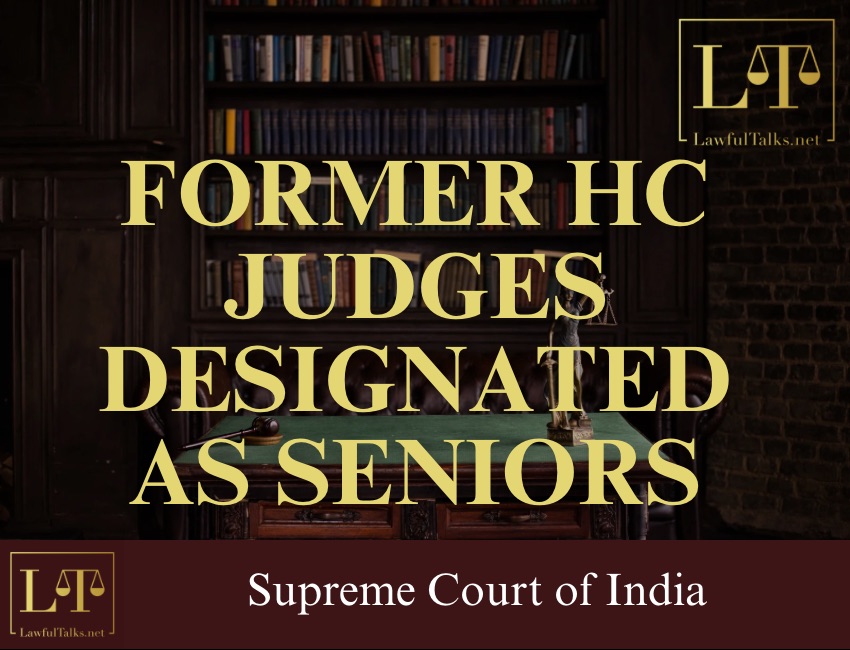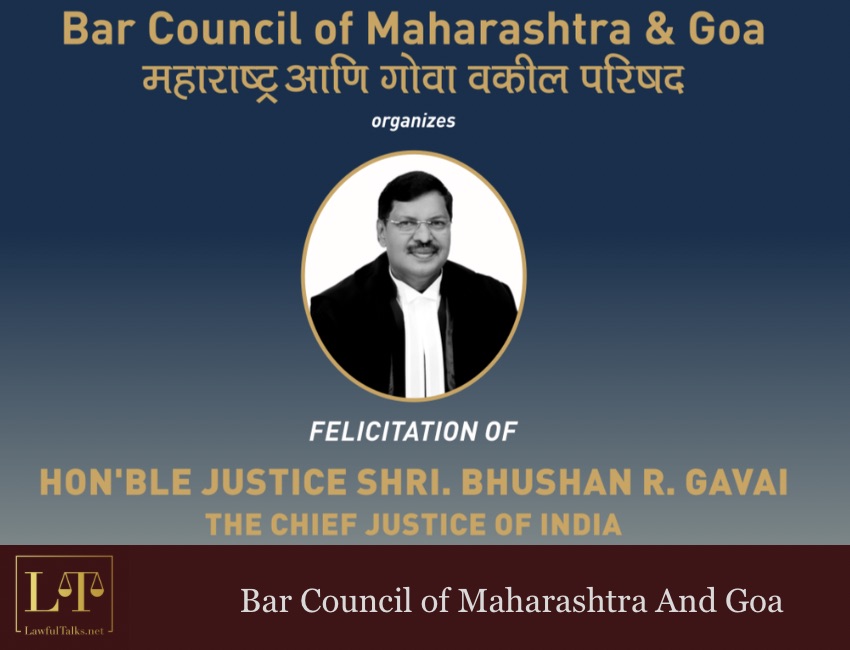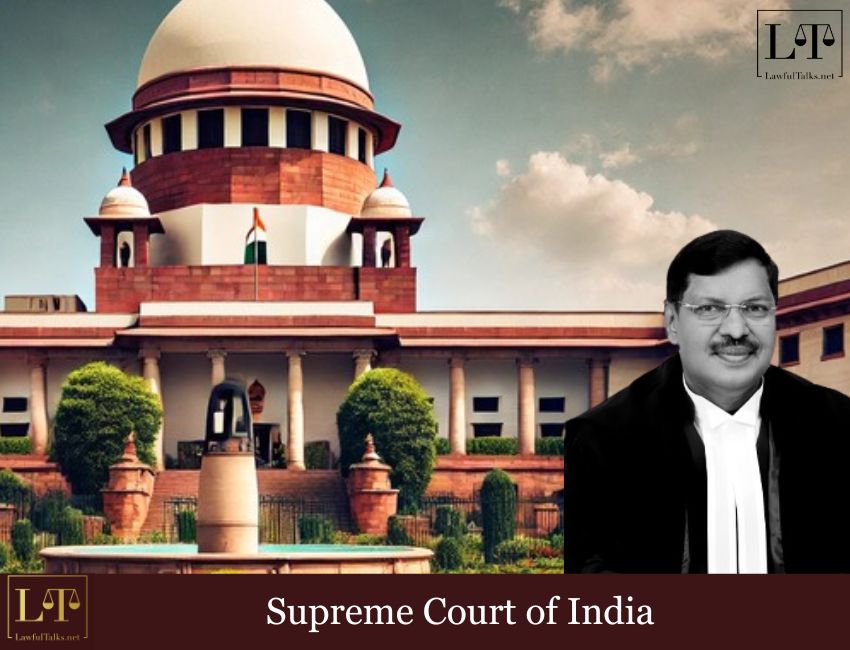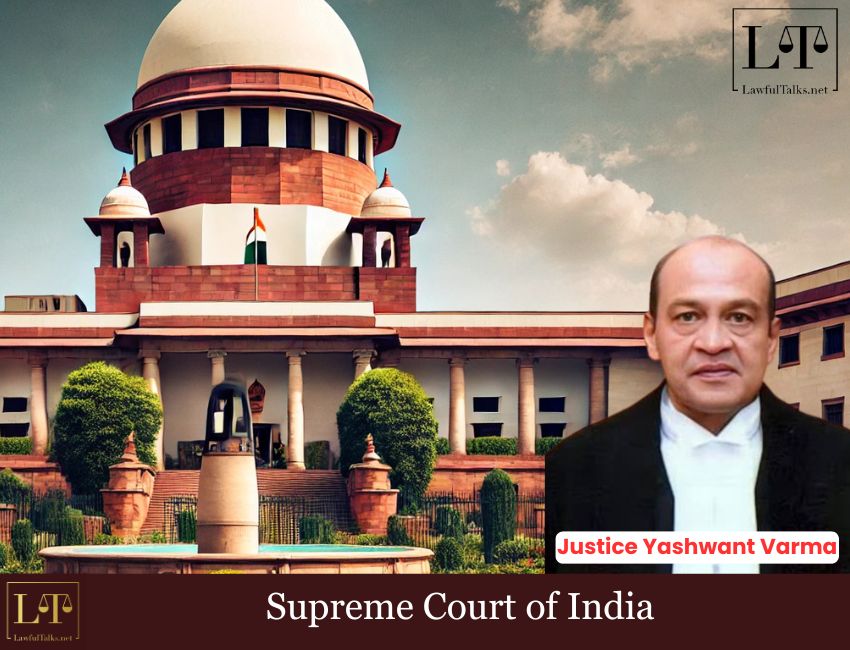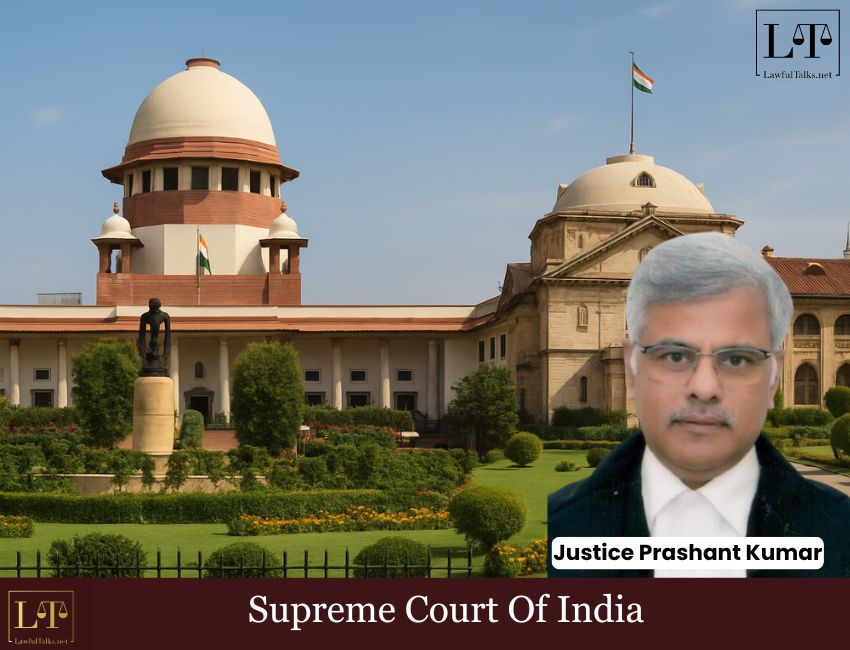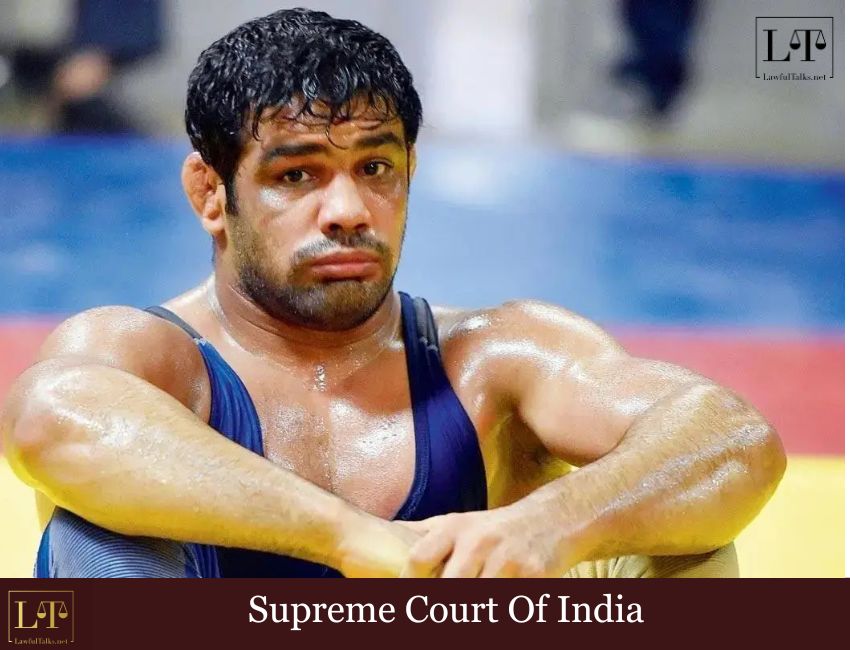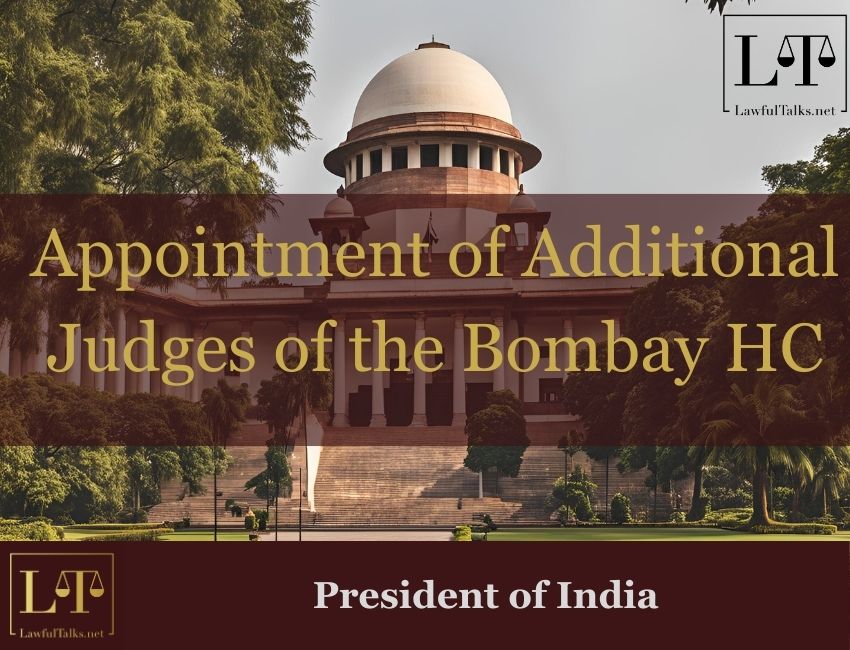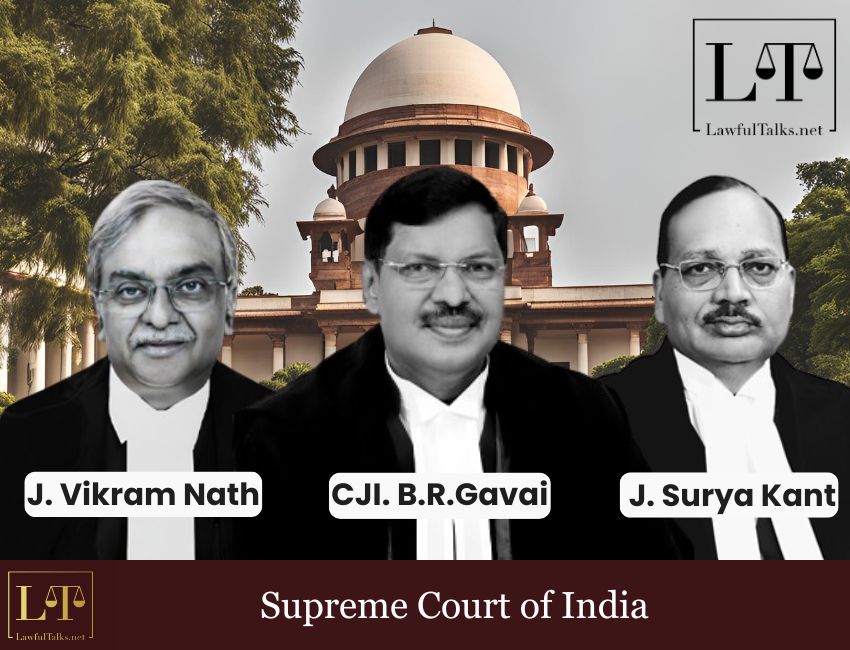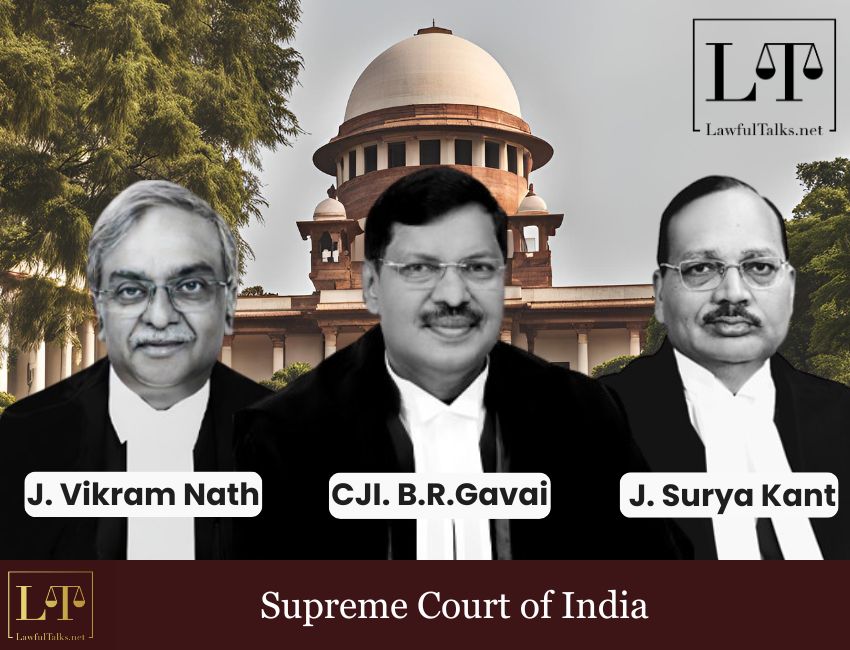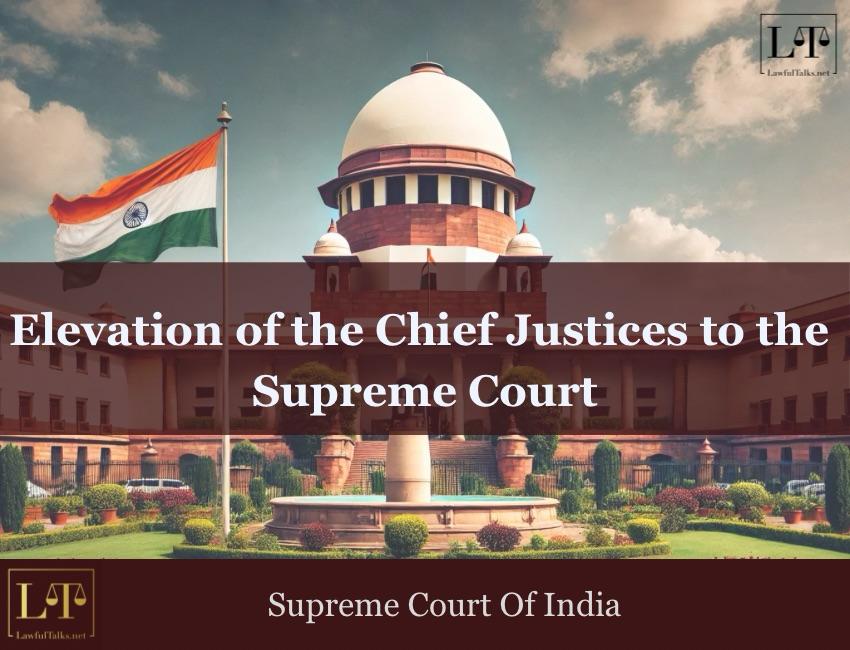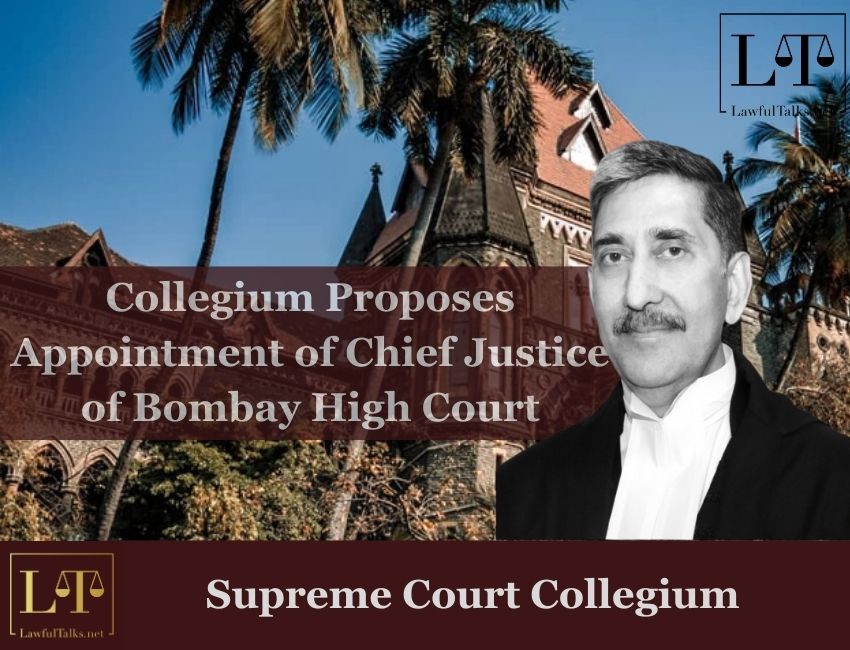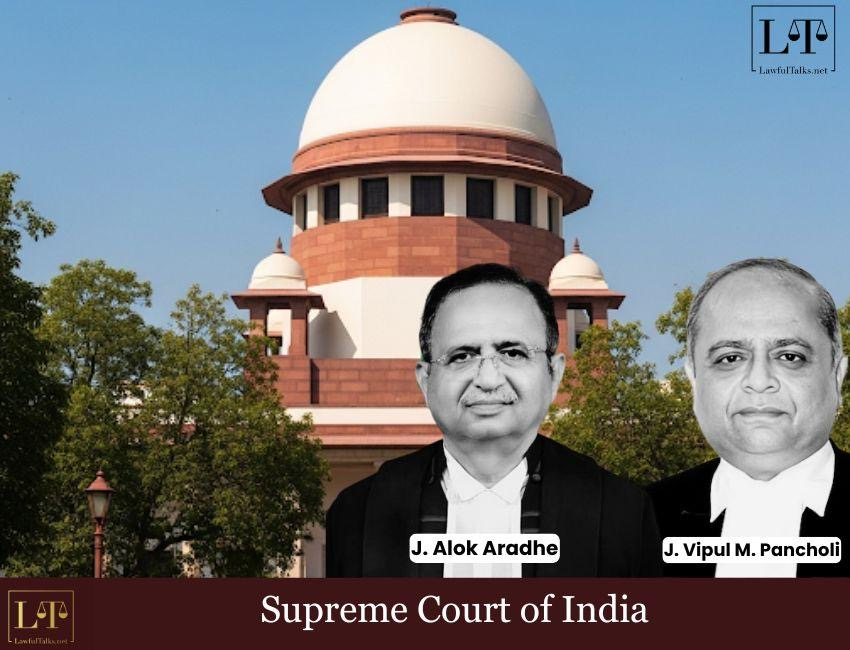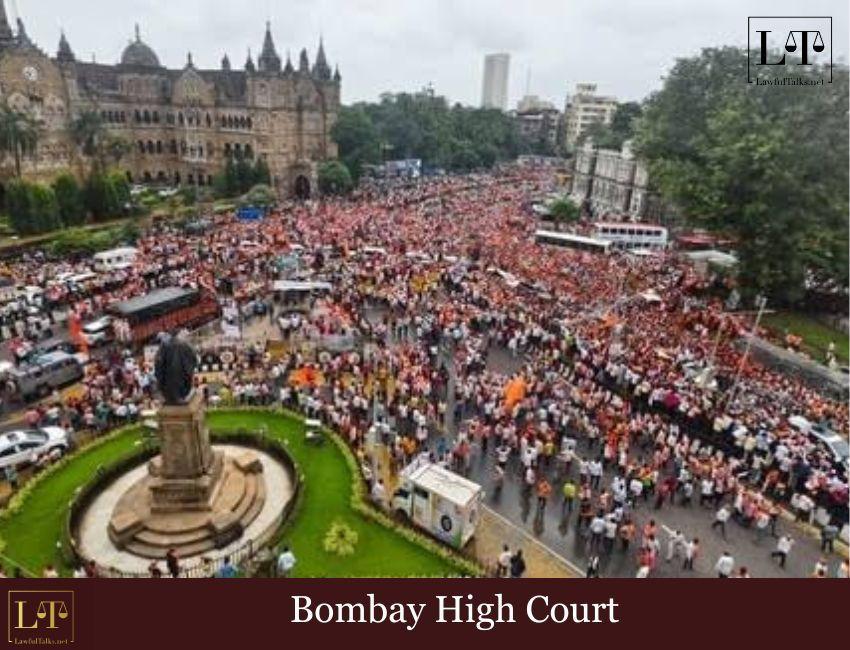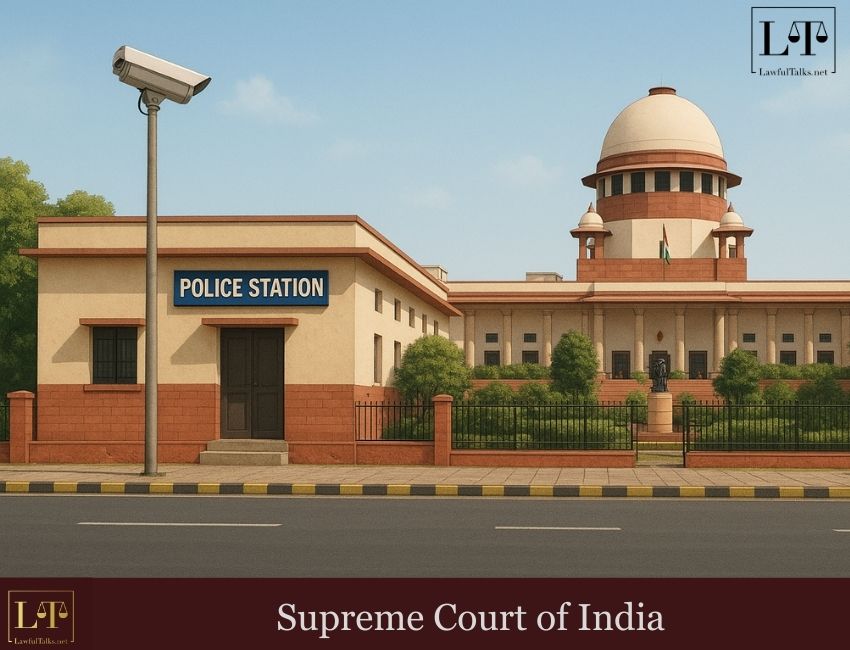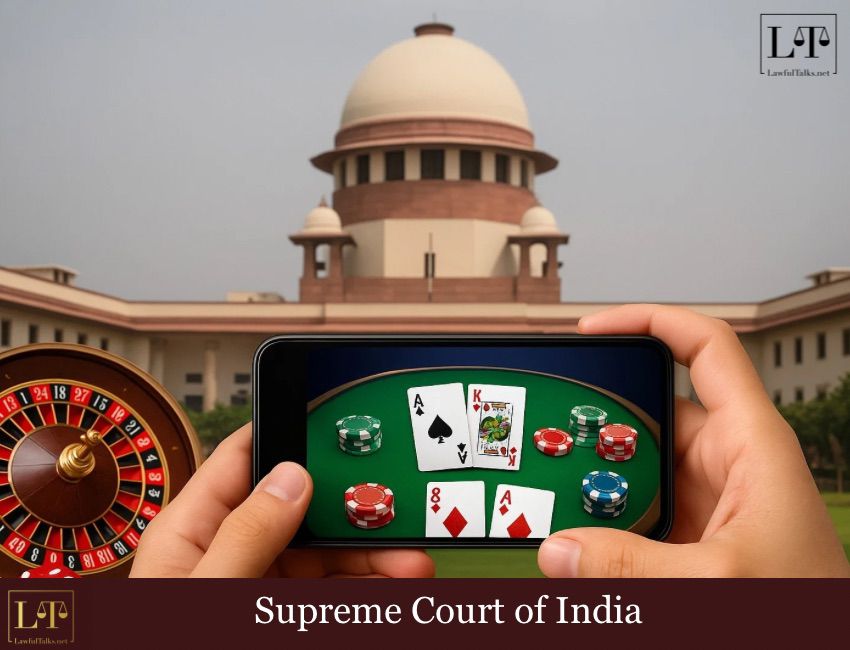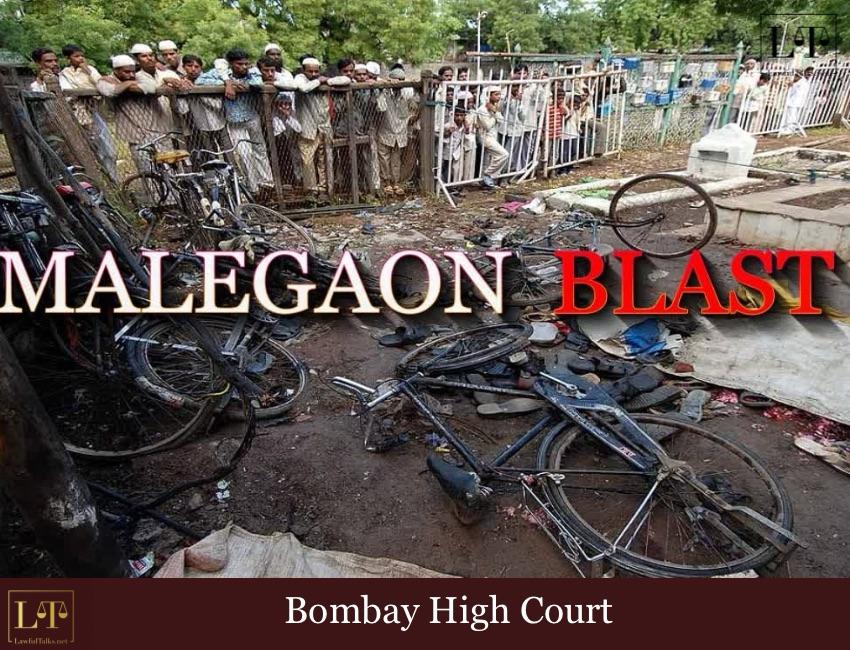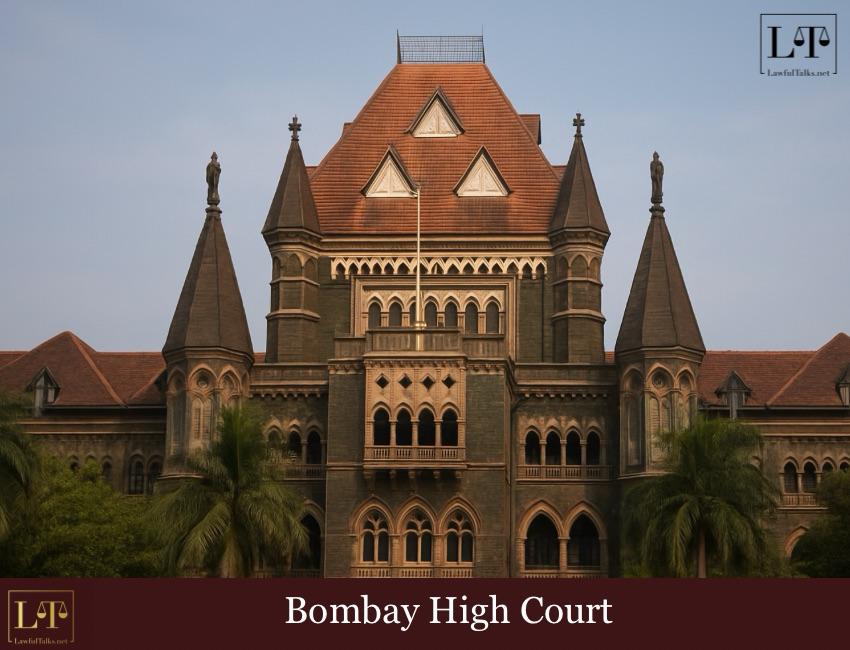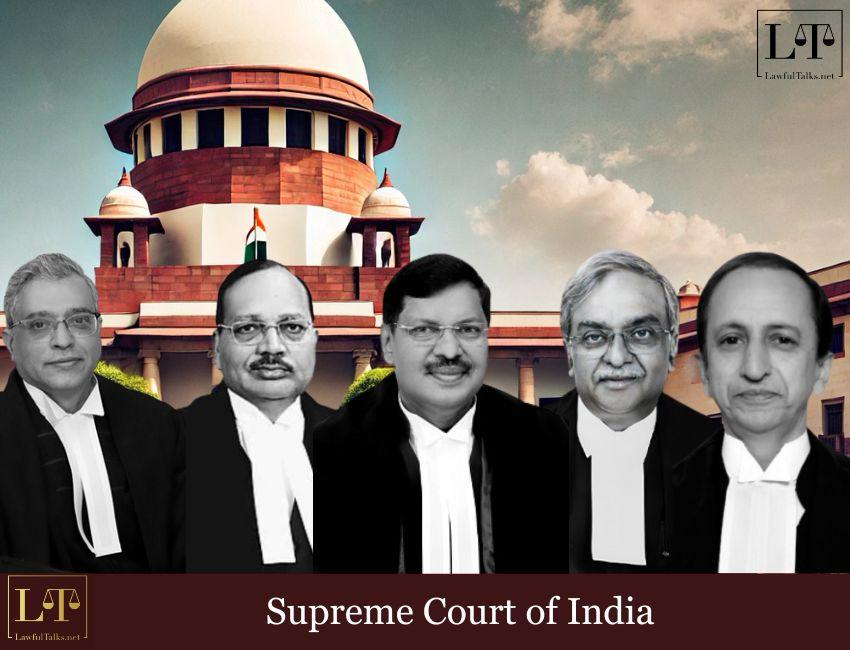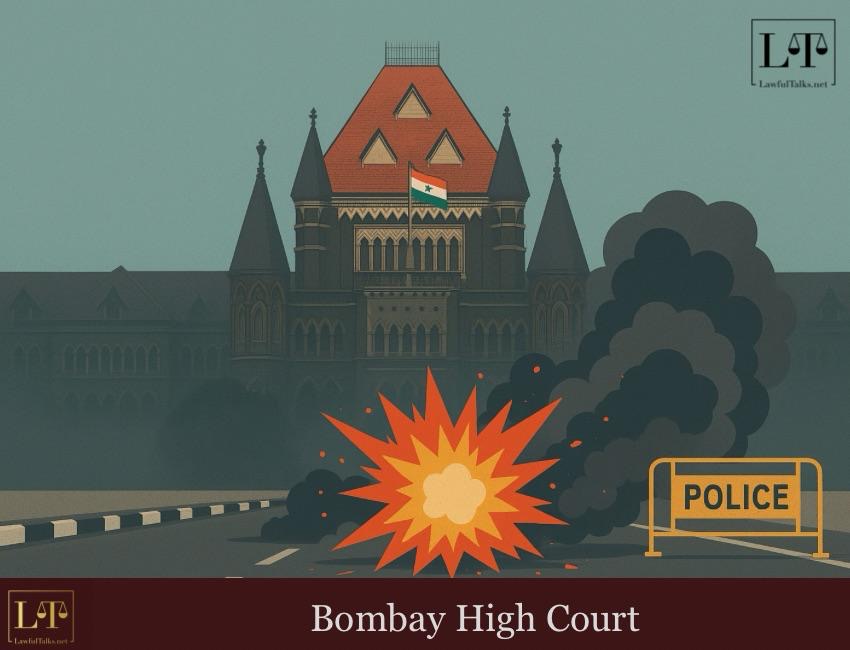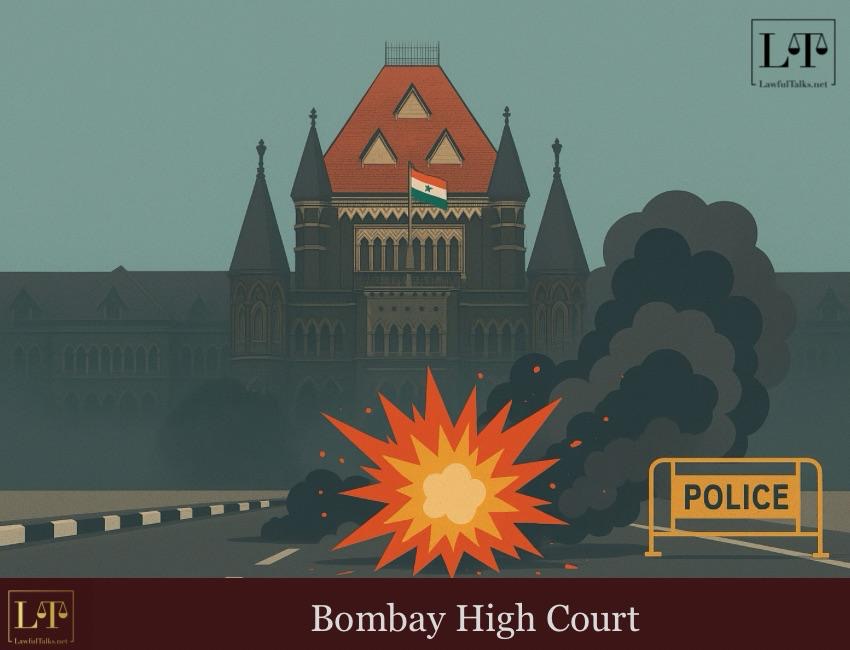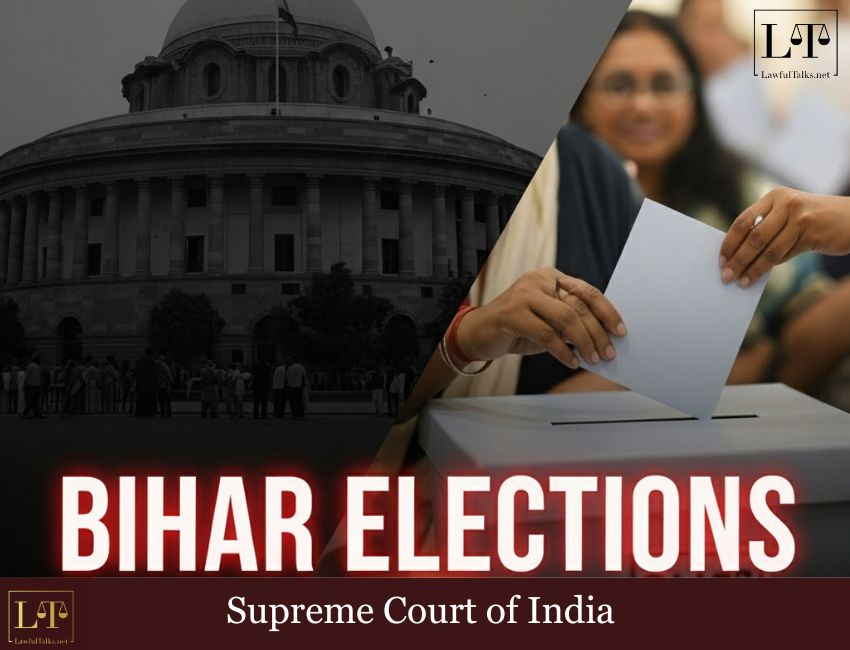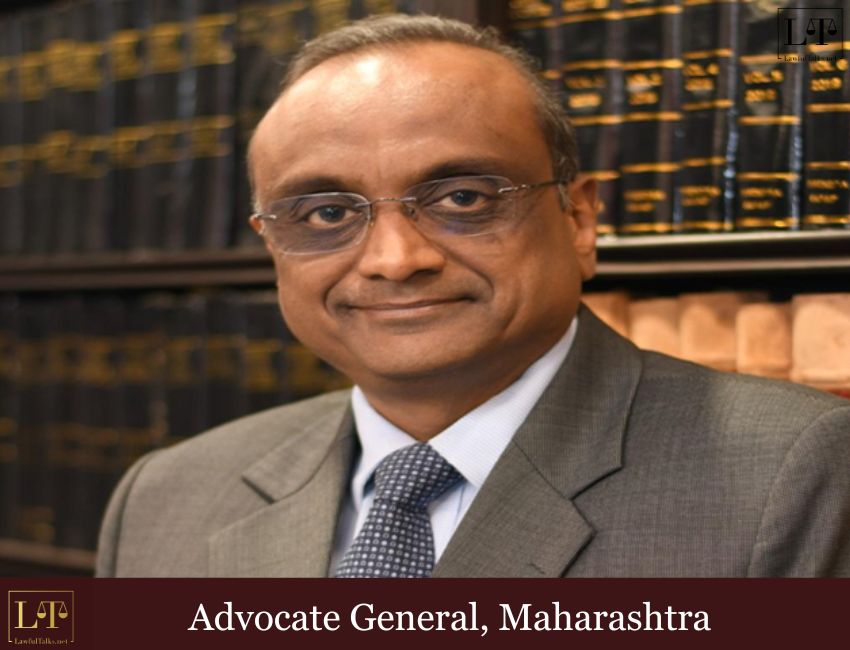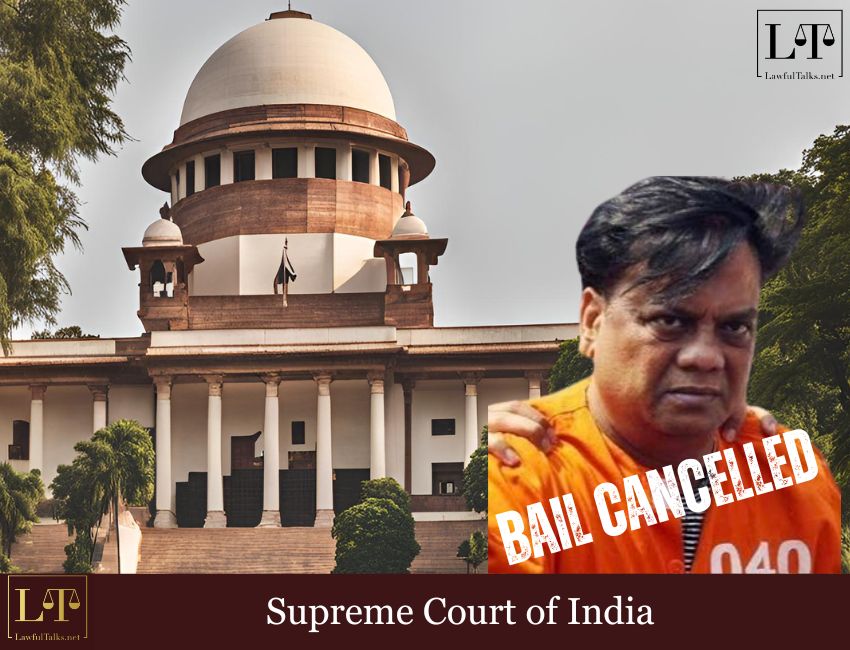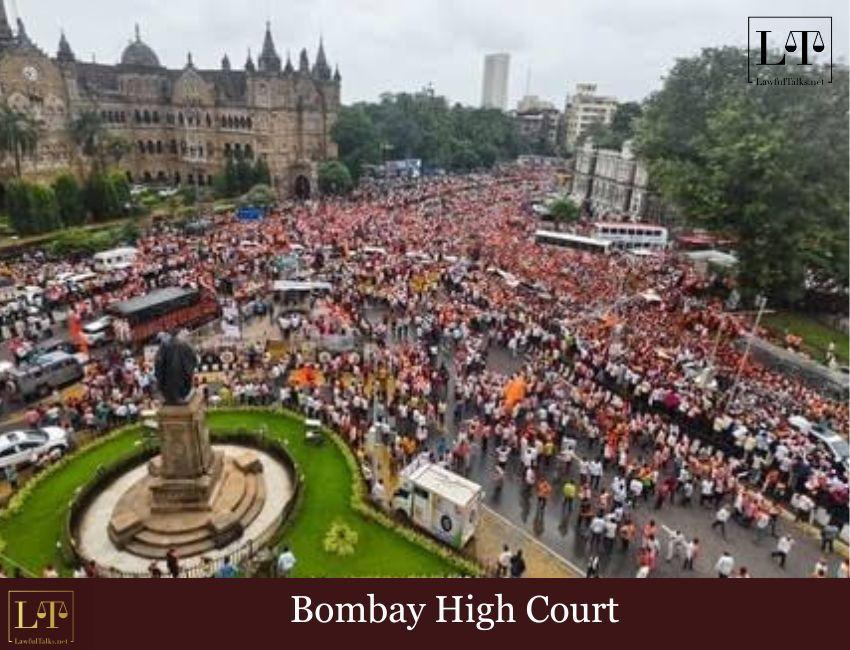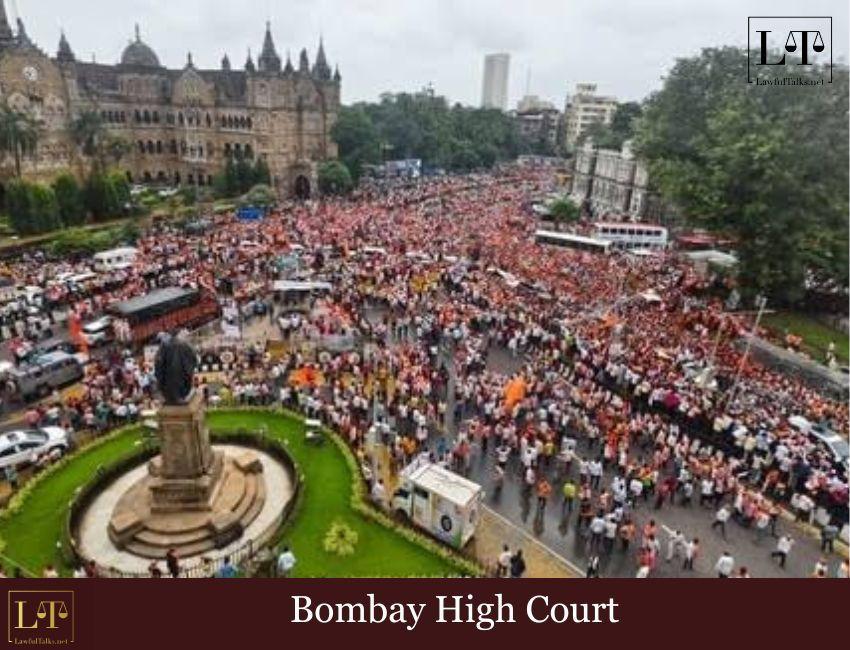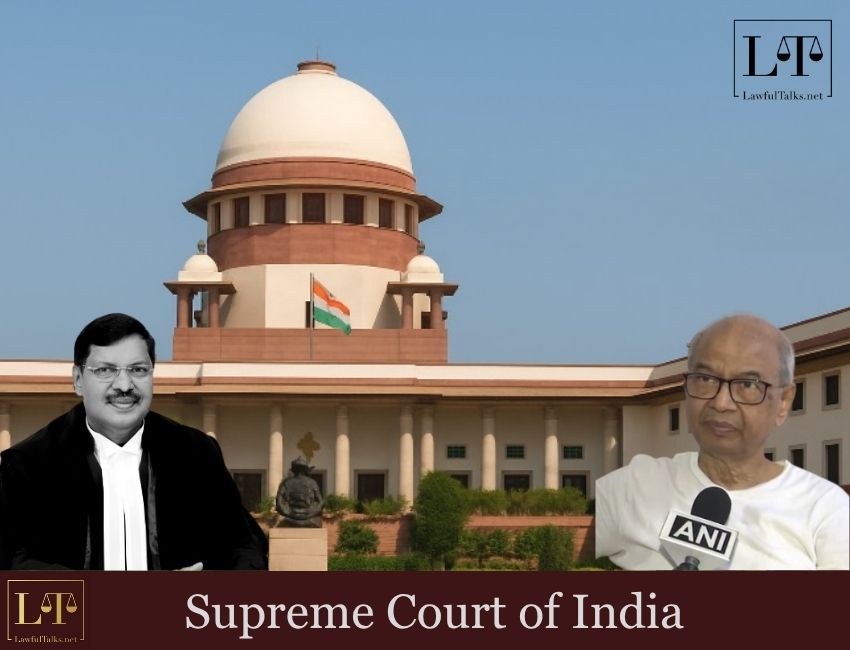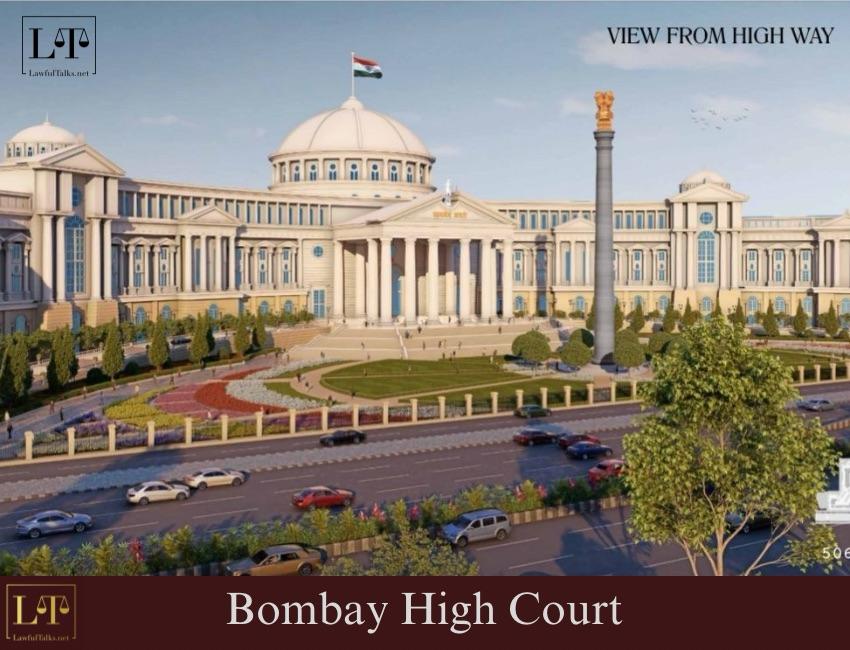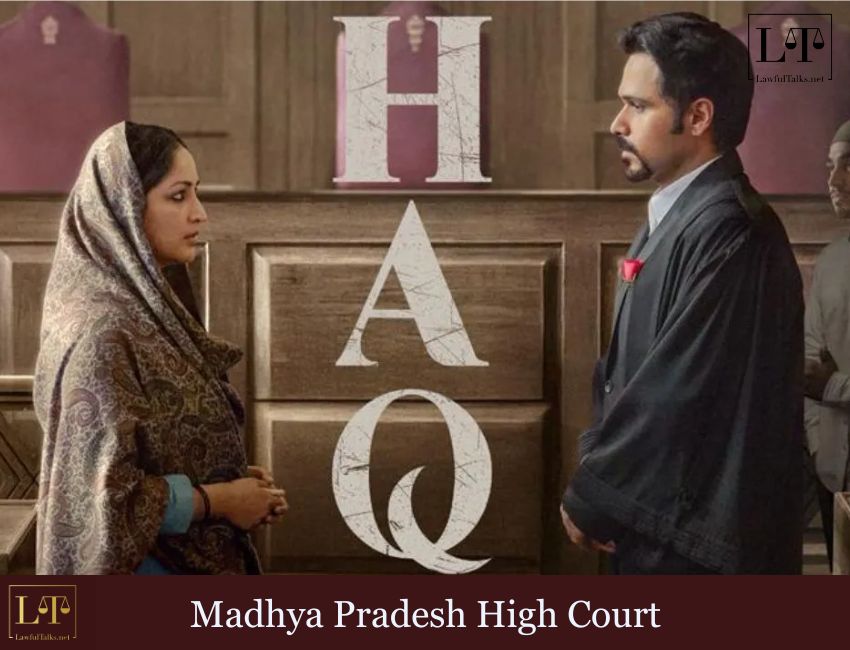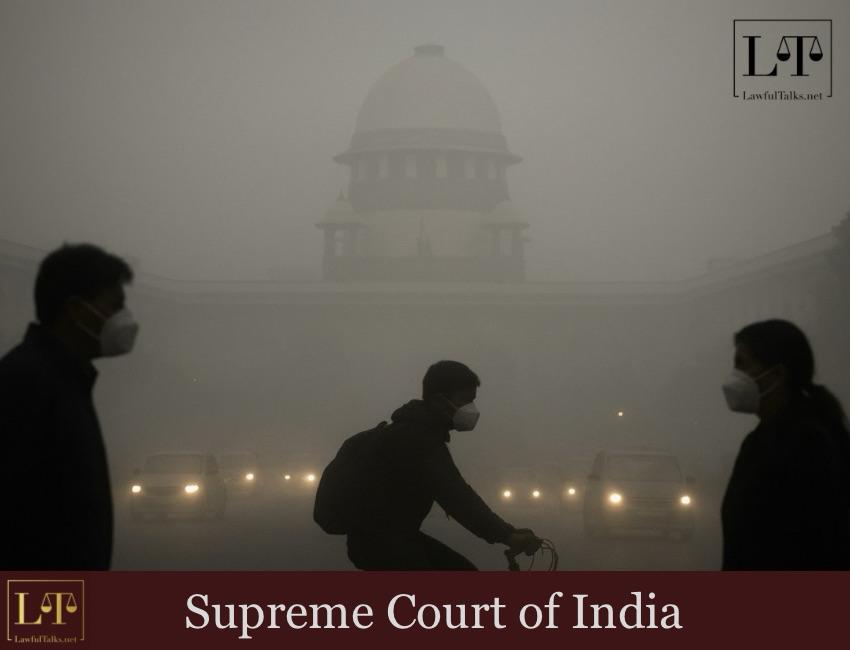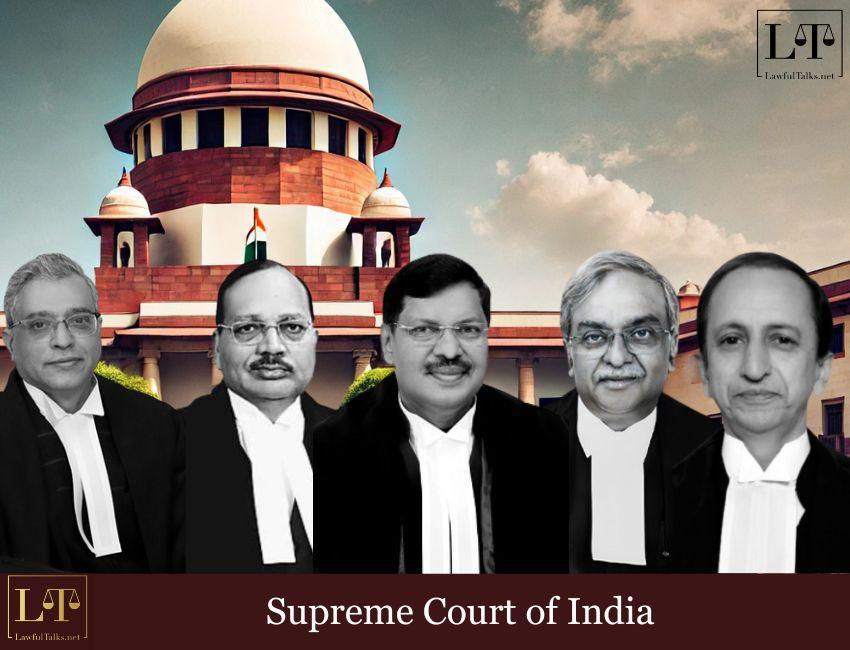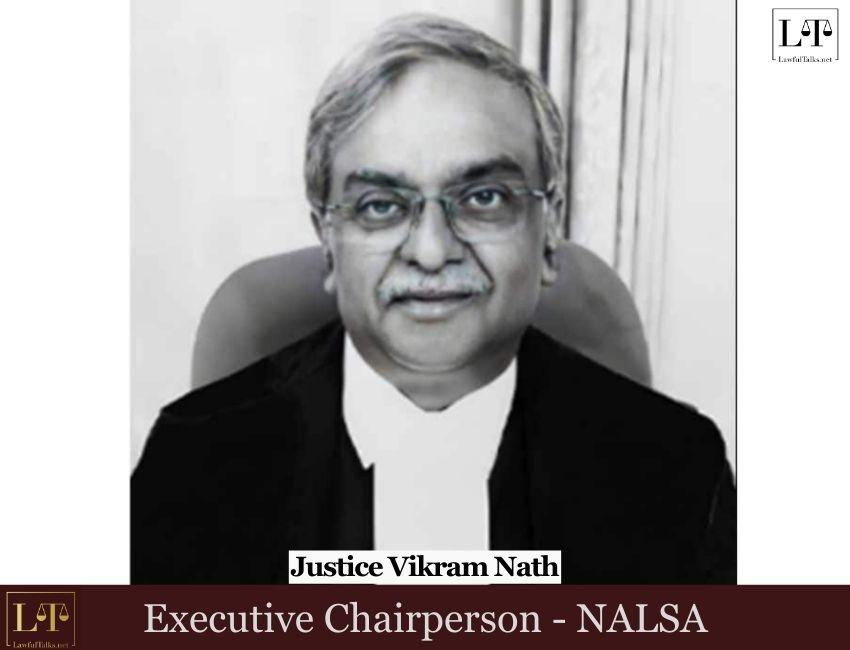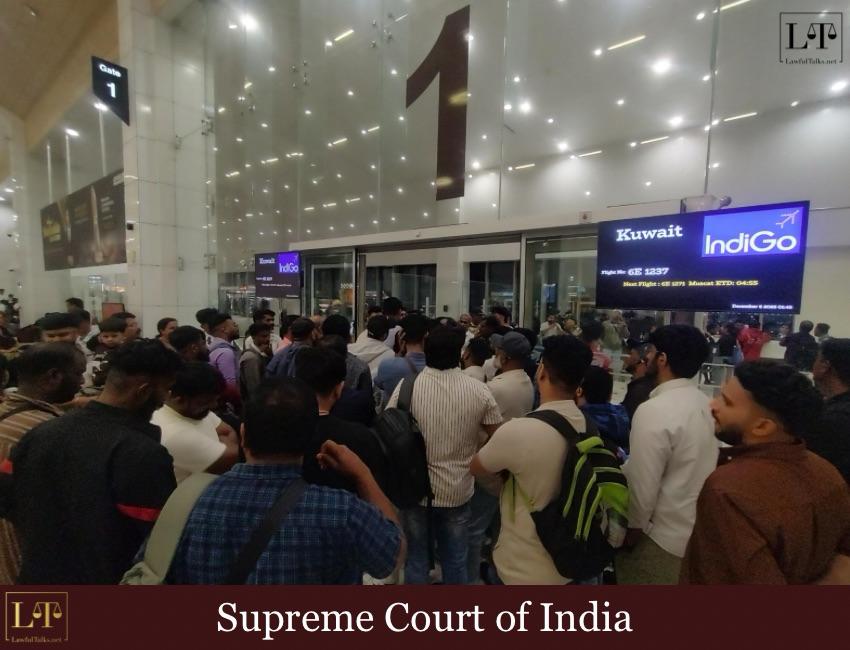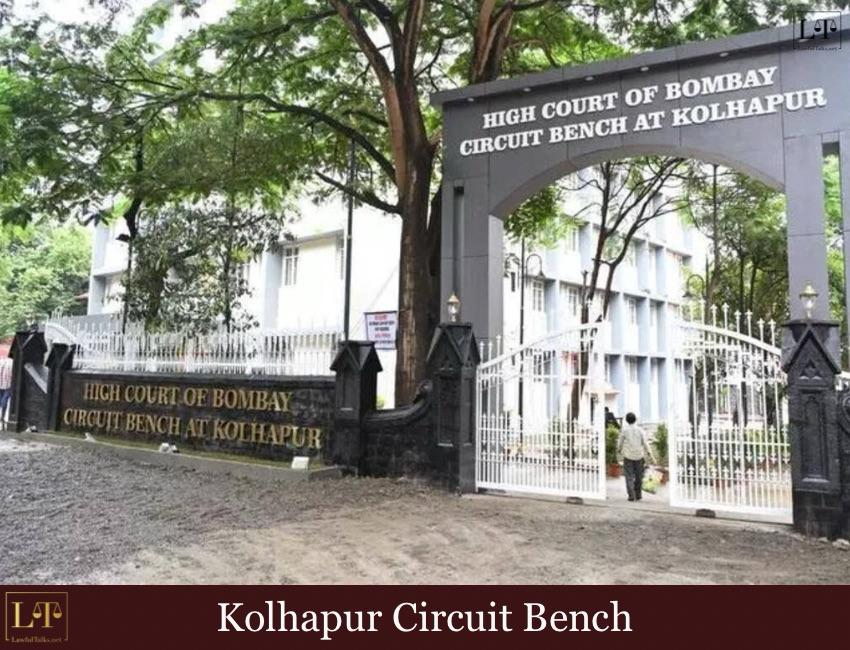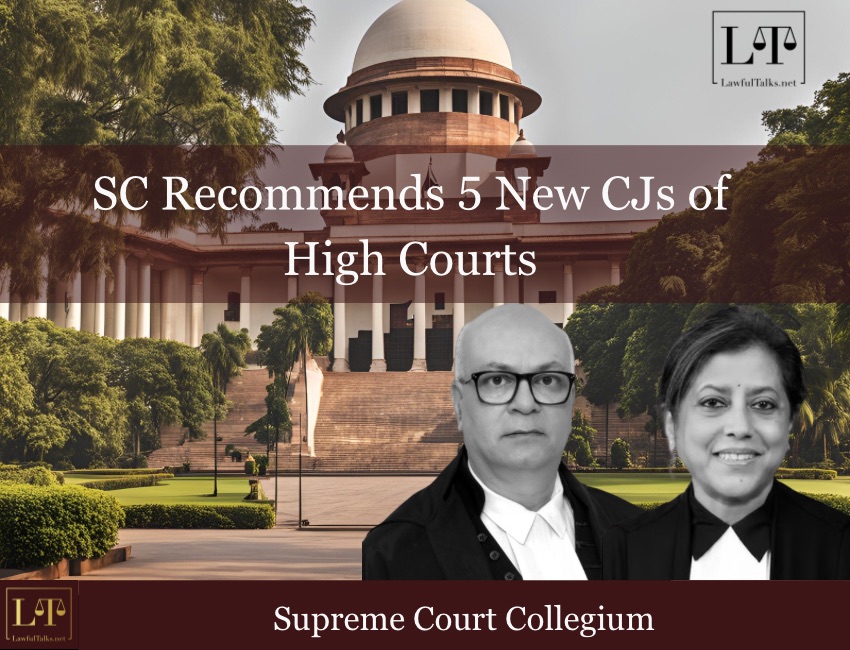Judge Goes Viral for Savagely Putting Rioters in Their Place

In a latest development, the Supreme Court, with Chief Justice of India BR Gavai and Justice AG Masih on the bench, put a halt on key provisions of the Waqf (Amendment) Act 2025. The Court stayed the clause requiring a person to have been a Muslim practitioner for five years before creating a Waqf until clear rules are framed by State Governments to prevent arbitrary exercise of power.
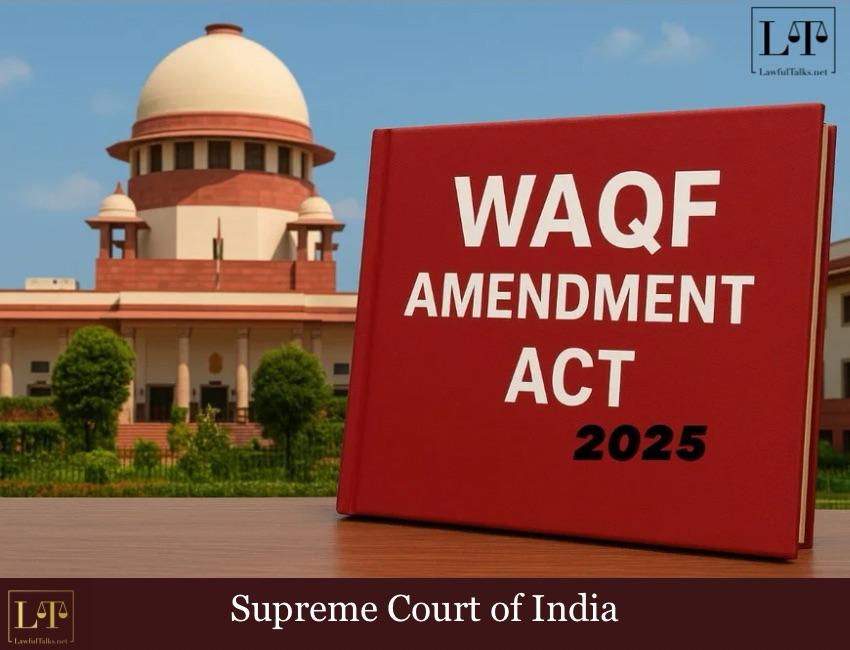
It also stayed the part that allows a government officer to decide disputes over Waqf properties encroaching government land, noting that "an Executive Officer cannot be permitted to adjudicate the rights of personal citizens and this will violate the separation of powers." However, the Court did not stay the provision allowing non-Muslims to be members of Waqf Boards, but stressed that "as far as possible, the Ex-officio member of the Board, should be a Muslim person."
The Bench declined to interfere with the registration requirement, stating that it is not a new directive but only an extension of the timeline until the final judgment is uploaded.
The order was reserved on May 22 after detailed hearings. Earlier, in April, a Bench led by former Chief Justice of India Sanjiv Khanna recorded the Union government’s assurance that, during the pendency of the case, no non-Muslim would be appointed to any Waqf Board or Council, and no Waqf—whether notified or registered—would be de-notified or have its status altered.
Petitions challenging the constitutional validity of the broad amendments were filed by prominent figures including AIMIM MP Asaduddin Owaisi, Delhi AAP MLA Amanatullah Khan, TMC MP Mahua Moitra, and RJD MP Manoj Kumar Jha along with various organizations.
The challenge addresses multiple contested points like the exclusion of 'waqf by user' provisions, inclusion of non-Muslims in Boards, precondition of five years practicing Islam, government powers in disputes, and limits on women’s representation.
Five BJP-led states—Assam, Rajasthan, Chhattisgarh, Uttarakhand, Haryana, and Maharashtra—alongside Kerala have intervened supporting the legislation.
Case Details: IN RE THE WAQF (AMENDMENT)w ACT, 2025 (1)|W.P.(C) No. 276/2025

Anam Sayyed






